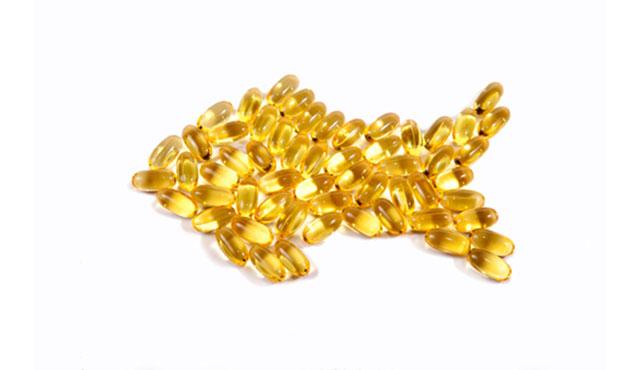You are here
Experts advise athletes on dietary supplement use
By Reuters - Jul 26,2018 - Last updated at Jul 26,2018

Photo courtesy of bodybuilding.com
Athletes and dietary supplement users can use a new infographic from the International Olympic Committee to help them decide whether to take or avoid a supplement.
The committee’s Medical and Scientific Commission developed the infographic and a consensus statement around dietary supplements for high-performance athletes.
“In many parts of the world, half of the population takes a dietary supplement, and people who are consuming supplements without getting the benefits are wasting their money,” said lead author Dr Ron Maughan of St Andrews University in the UK.
Supplements include a wide range of products that incorporate added nutrients (such as protein shakes, sports drinks and fortified foods), essential nutrients in concentrated forms (such as vitamins, minerals, essential fatty acids and amino acids), herbals and botanicals, and products that promise health and performance optimisation.
“Many times, those who take them probably don’t need them but those who need them don’t take them,” Maughan told Reuters Health by phone. “Those who are concerned about their health often get what they need through the foods they eat.”
Maughan and 25 experts on the commission met in Lausanne, Switzerland, in May 2017 to review the scientific evidence on the benefits and risks of supplement use. After three days of discussion, they concluded that dietary supplements are a legitimate part of a high-performance athlete’s preparation, especially when used appropriately.
The infographic, published in the British Journal of Sports Medicine, walks users through a decision tree of questions to understand whether they should take a specific supplement or not. For example, is there scientific support for the supplement instead of anecdotal or “conventional” wisdom from a few sources? Are the adverse reactions, medication interactions, and dose requirements of the supplement known? Are there any prohibited substances in the supplement label? Finally, the infographic suggests checking whether the manufacturer is well-known and has a good history and a quality assurance programme.
If the supplement passes all the requirements laid out in the infographic, the commission recommends using it on a trial basis and then practicing vigilant use of the supplement. Ultimately, dietary supplements should be a small part of a person’s nutrition strategy and used sparingly when food-based options are not available, the commission wrote.
“Make a small investment in speaking to a good dietician,” Maughan urges. “Know more than the basics about supplements and look beyond what you see on the shelf.”
Related Articles
Vitamin supplements marketed for infants and children often contain more than the recommended amount of individual vitamins, according to a new study.
TAMPA — A new review of research into fish oil consumption in pregnant women has found that eating fish and taking supplements are both equa
Omega-3 fatty acids in fish and dietary supplements are associated with lower odds of heart disease even in people already at elevated risk


















